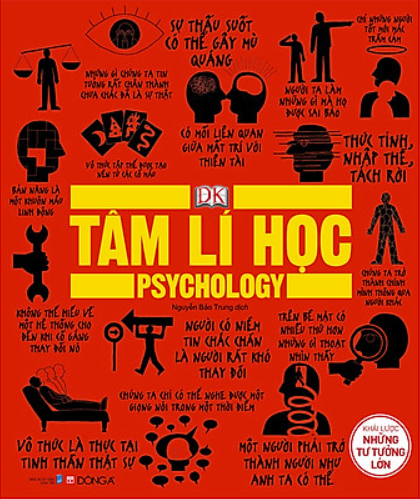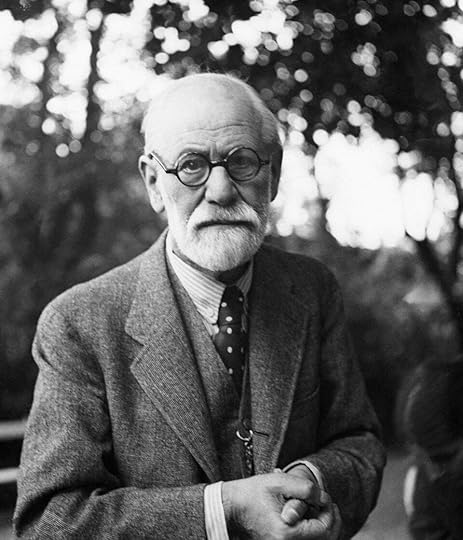What do you think?
Rate this book


352 pages, Paperback
First published January 1, 2011


"I do my thing and you do your thing. I am not in this world to live up to your expectation, and you are not in this world to live up to mine. You are you, and I am I, and if by chance we find each other, it's beautiful. If not, it can't be helped."
"People and things do not upset us. Rather, we upset ourselves by believing that they can upset us" - Albert Ellis